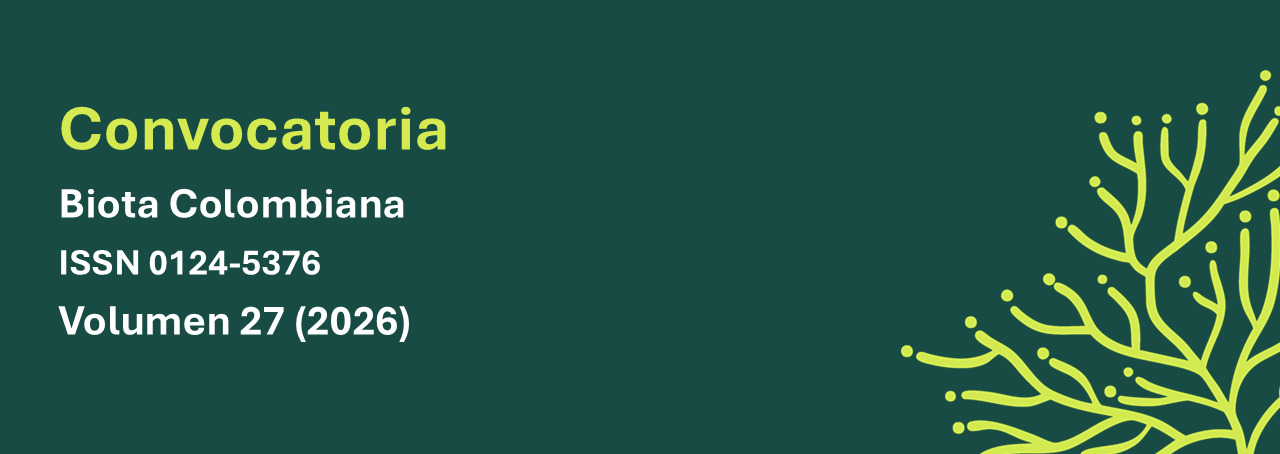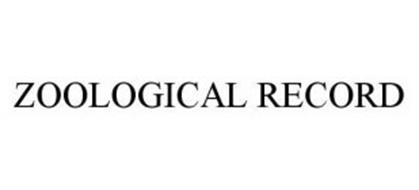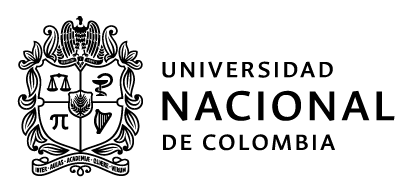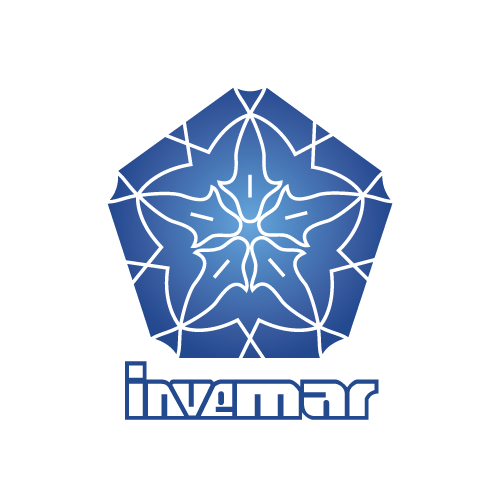Abstract (en):
Abstract (es):
La ictiofauna de la cuenca del río Magdalena, la mejor muestreada de Colombia, todavía presenta información
escasa para algunas subcuencas. Tal es el caso de las subcuencas que drenan el nororiente colombiano, donde
se están descubriendo nuevas especies y haciendo los primeros inventarios de muchos cuerpos de agua. En
este artículo se describen los datos de la principal colección de peces del nororiente colombiano, la Colección
Ictiológica de la Universidad Industrial de Santander, en Bucaramanga. Los primeros registros de la colección
datan de diciembre de 2002 y a la fecha las colectas continúan activas. La mayoría de los ejemplares han sido
recolectados en el sistema de la cuenca del Magdalena y en el departamento de Santander. También incluye
ejemplares recolectados en los departamentos de Arauca, Atlántico, Bolívar, La Guajira, Meta, Norte de
Santander y Valle del Cauca. La mayoría de los especímenes se fijaron en formol y preservaron en alcohol al 70
%. Actualmente la colección cuenta con 1665 registros, pertenecientes a 9 órdenes, 33 familias, 74 géneros y
100 especies. Los órdenes mejor representados son Characiformes (38,4 % de los registros), Perciformes (31,4
%) y Siluriformes (18,6 %). Entre los especímenes se cuenta con los holotipos de Astyanacinus yariguies y
Gephyrocharax torresi y con paratipos de estas dos especies y de Trichomycterus uisae.
Keywords:
Diversity, Freshwater fishes, Magdalena River, Museum specimens, Tropical Andes (en)
References
Agostinho, A. A., S. M. Thomaz y L. C. Gomes. 2005. Conservation of the biodiversity of Brazil’s inland waters. Conservation Biology 19: 646–652.
Ballen, G. A. y R. P. Vari. 2012. Review of the Andean armored catfishes of the genus Dolichancistrus Isbrücker (Siluriformes: Loricariidae). Neotropical Ichthyology 10: 499-518.
Castellanos-Morales C. A., L. L. Marino-Zamudio, L. Guerrero-V., J. A. Maldonado-Ocampo. 2011. Peces del departamento de Santander, Colombia. Revista de la Academia Colombiana de Ciencias Exactas, Físicas y Naturales 35: 189-212.
Dahl, G. 1971. Los peces del Norte de Colombia. MinAgricultura-INDERENA. Talleres Litografía Arco. Bogotá D.C. 391 pp.
Decreto 3016 de 2013. Por el cual se reglamenta el permiso de estudio para la recolección de especímenes de especies silvestres de la diversidad biológica con fines de elaboración de estudios ambientales. República de Colombia. 8 pp.
DoNascimiento, C, E. E. Herrera-Collazos, G. A. Herrera-R., A. Ortega-Lara, F. A. Villa-Navarro, J. S. Usma Oviedo y J. A. Maldonado-Ocampo. 2017. Checklist of the freshwater fishes of Colombia: a Darwin Core alternative to the updating problem. ZooKeys 708: 25–138.
Eigenmann, C. H. 1917. The American Characidae. Memoirs of the Museum of Comparative Zoology 43: 1-102.
Eschmeyer, W. N., R. Fricke y R. van der Laan (Eds.). 2016. Catalog of Fishes: Genera, Species, References. (http://researcharchive.calacademy.org/research/ichthyology/catalog/fishcatmain.asp). Versión electrónica consultada el 20-01-2016.
Harold, A. S. y R. P. Vari. 1994. Systematics of the Trans-Andean species of Creagrutus (Ostariophysi: Characiformes: Characidae). Smithsonian Contributions to Zoology 551: 1-31.
Kottelat, M. y T. Whitten. 1996. Freshwater biodiversity in Asia, with special reference to fish. World Bank Technical Papers 343: 59-67.
Maldonado-Ocampo, J. A., A. Ortega-Lara, J. S. Usma-Oviedo, G. Galvis, F. A. Villa-Navarro, L. Vasquez, S. Prada-Pedreros y C. A. Rodriguez. 2005. Peces de los Andes de Colombia: guía de campo. Instituto de Investigación de Recursos Biológicos Alexander von Humboldt. Bogotá D.C. 346 pp.
Mojica, J. I., J. S. Usma-Oviedo, R. Álvarez-León y C. Lasso (Eds.). 2012. Libro Rojo de Peces Dulceacuícolas de Colombia. Instituto de Investigación de Recursos Biológicos Alexander von Humboldt, Instituto de Ciencias Naturales de la Universidad Nacional de Colombia, WWF Colombia y Universidad de Manizales. Bogotá, D. C., 319 pp.
Román-Valencia, C., A. J. Vanegas-Rios y R. I. Ruiz-C. 2008. Una nueva especie de pez del género Bryconamericus (Ostariophysi: Characidae) del río Magdalena, con una clave para las especies de Colombia. Revista de Biologia Tropical 56: 1749-1763
Wieczorek, J., Q. Guo y R. Hijmans. 2004. The pointradius method for georeferencing locality descriptions and calculating associated uncertainty. International Journal of Geographical Information Science 18: 745-767.
How to Cite
The works published in the journals of the Alexander von Humboldt Biological Resources Research Institute are subject to the following terms, in relation to copyright:
1. The patrimonial rights of the published works are assigned to Instituto de Investigación de Recursos Biológicos Alexander von Humboldt. The authors or institutions that elaborate the document agree to transfer the patrimonial rights to the Humboldt Institute with the sending of their articles, which allows, among other things, the reproduction, public communication, dissemination and dissemination of works.
2. The works of digital editions are published under a Creative Commons Colombia license:
Creative Commons License
This work is licensed under a Creative Commons Atribución-NoComercial-SinDerivar 4.0 Internacional.
> Attribution - Non-commercial - No Derivative: This license is the most restrictive of the six main licenses, it only allows others to download the works and share them with others, as long as their authorship is acknowledged, but they cannot be changed in any way, nor can they be used commercially.
3. The authors, when submitting articles to the editorial process of the magazines published by the Humboldt Institute, accept the institutional dispositions on copyright and open access.
4. All items received will be subjected to anti-plagiarism software. The submission of an article to the magazines of the Humboldt Institute is understood as the acceptance of the review to detect possible plagiarism.
5. The works submitted to the editing process of the magazines of the Humboldt Institute must be unpublished.


















